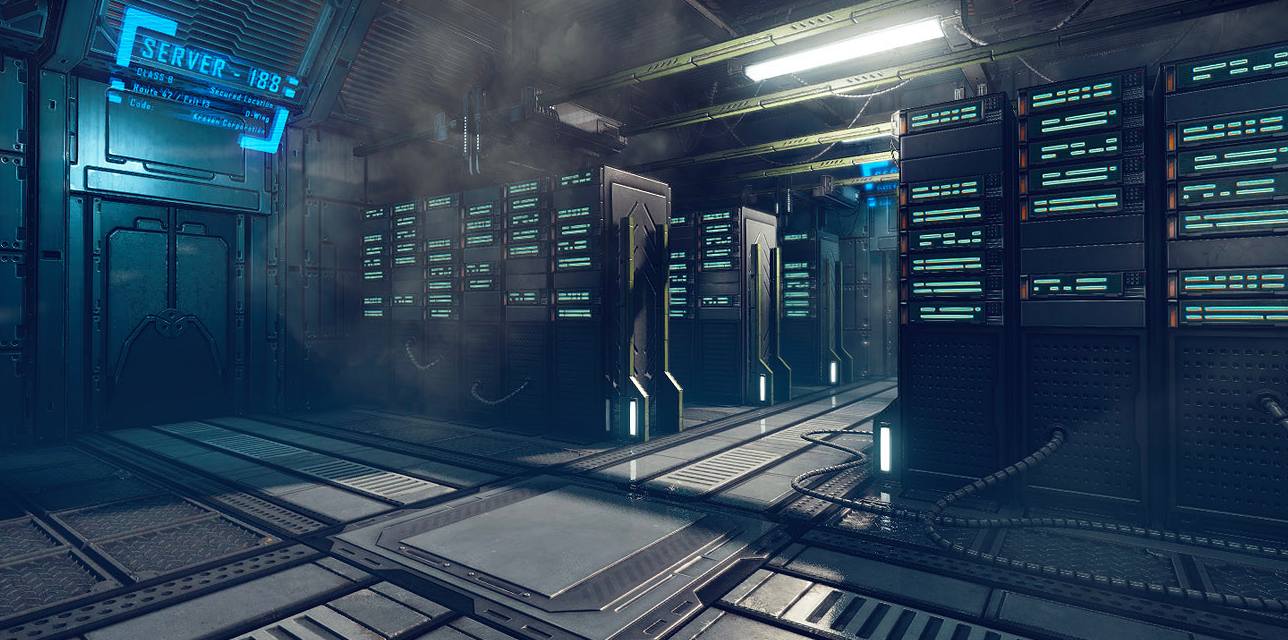
If you have a website, then you need to host it somewhere. Using a regular computer is difficult and expensive: you will have to install special software, resolve issues with fire safety, uninterruptible power supply, connection speed, hacker attacks, and virus protection. It's easier to buy hosting, where all this is already done for you.
Hosting is a service of storing information on a round-the-clock server. There are physical and virtual servers, tariffs and terms of service for them are different. To choose the right one, consider each type.
The server is a special computer located in the data center of the hosting company. If software modules are created on one hardware platform that simulate the operation of several separate machines, then it is called virtual. As a rule, the user is offered a choice of three types of hosting. Let's go from the most expensive to the cheapest.
It will host only your site, you will receive full administrator rights: you can change BIOS settings, install any operating systems, including non-standard distribution kits. Powerful, well-protected, focused on large web projects such as cloud services or international marketplaces.
Other hosting clients will use the same physical media with you. At the same time, you will be provided with a programmatically separated from the “neighbors” space for work, an IP address, root access, your own CPU resources, and RAM. Here if another source for reference to choose between rent vds | vps server.
Almost everywhere they write that VDS and VPS are one and the same. It became interesting to me why the names are different, I delved into the question a little.
Virtual Private (Dedicated) Server is a general definition for a dedicated virtual server. There are two virtualization methods with which it can be created based on physical hardware: at the operating system level – OpenVZ, hardware – KVM (Kernel-based Virtual Machine). Most often, Russian hosters abbreviate VPS with OpenVZ technology, and VDS with KVM.
OpenVZ allows you to create and run separate copies of one operating system (for example, Debian, CentOS or Ubuntu), freely change the distribution of hardware resources (memory, processor, hard drive) among all users.
KVM creates virtual analogues of a dedicated server on the host machine, completely isolated from each other. Each has its own OS (you can choose any), a certain resource limit. Within its container, the user receives unlimited rights, complete privacy.
Conclusion: There is a difference in the virtualization method used, but in both cases virtual dedicated machines are created on the same physical base. In general, VDS is more reliable, closer in functions to a dedicated server, eliminates the problem of overselling (when one user takes the unused resources of the second for the same payment).

Your site will have “neighbors” using the same hardware and software resources, but there will be no root rights. This is the cheapest hosting for those who do not want to deal with configuration and administration.
I like the comparison of hosting with houses. Shared hosting can be imagined as a communal apartment, where each tenant has his own room, but at the same time uses common ones (bathroom, kitchen). VDS / VPS – a separate apartment in a high-rise building: everything is its own, but there are neighbors, communications are distributed to everyone. Dedicated physical – a private house that has its own isolated territory, provision.
Many sites are first hosted on shared virtual servers. With the growth of traffic and databases, the question arises: where to move – to a dedicated server or VDS. Hosting services vary greatly in price. The main thing to understand is whether you will have enough virtual or whether you need a physical one.
+ You can select the operating system, control panel.
+ Administrative access is enough to make changes to the server configuration, such as installing your own security protocols.
+ It is possible to connect additional resources.
+ In the event of serious hardware failures, the virtual machine can be deployed on another platform.
+ Low cost of connection, monthly maintenance.
– No access to the kernel, file system.
– Remains partial dependence on neighbors (common disk system, communication channels).
+ Full control, remote access to all resources.
+ Maximum security.
+ Ability to host large, resource-intensive and energy-intensive projects.
– No scalability, the server has fixed parameters that can be changed when “moving” to another machine.
– To configure, remote control need a system administrator.
– High rental price.
In most cases, it is more profitable to use VDS, because with a small gap in rights and opportunities, it is much cheaper than a typical rental server in USA
● A physical dedicated server is reliable, but expensive; it is advisable to host sites with a large amount of stored information and processed requests on it.
● VDS is a convenient option for small and medium projects that need root access but lack the capabilities of shared shared hosting. A virtual machine is easier to upgrade.

23/01/2024

24/09/2023

16/09/2023

23/08/2023

27/04/2023

16/04/2023

15/04/2023

31/03/2023
26/03/2023
26/03/2023
25/03/2023
24/03/2023
24/03/2023
23/03/2023
22/03/2023
21/03/2023
20/03/2023
19/03/2023
18/03/2023
17/03/2023
16/03/2023
15/03/2023
14/03/2023
13/03/2023
12/03/2023
11/03/2023
10/03/2023
09/03/2023
19/02/2023

02/12/2022

02/12/2022

02/12/2022

07/10/2022
27/08/2021
27/08/2021
27/08/2021
27/08/2021
27/08/2021
27/08/2021
27/08/2021